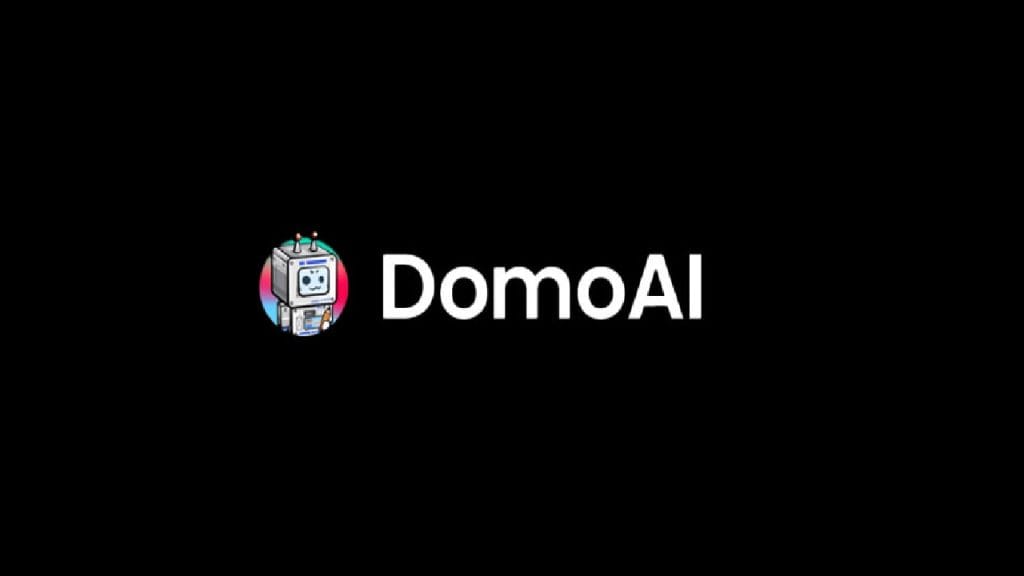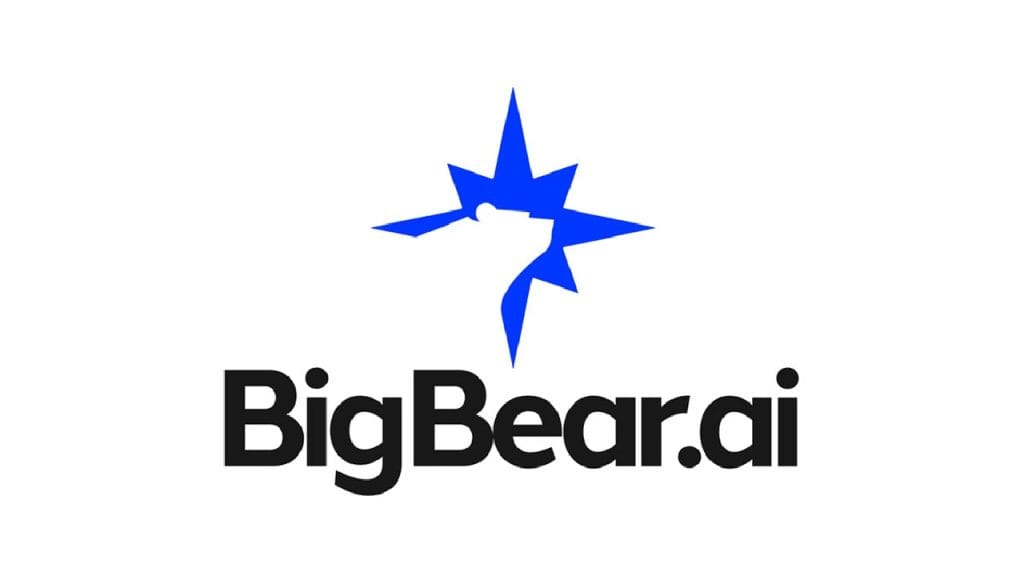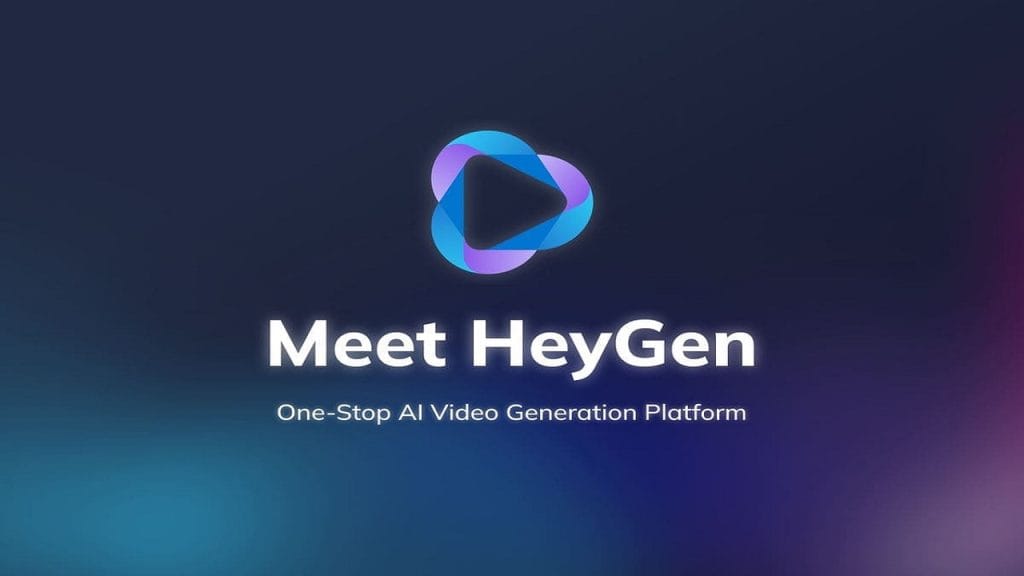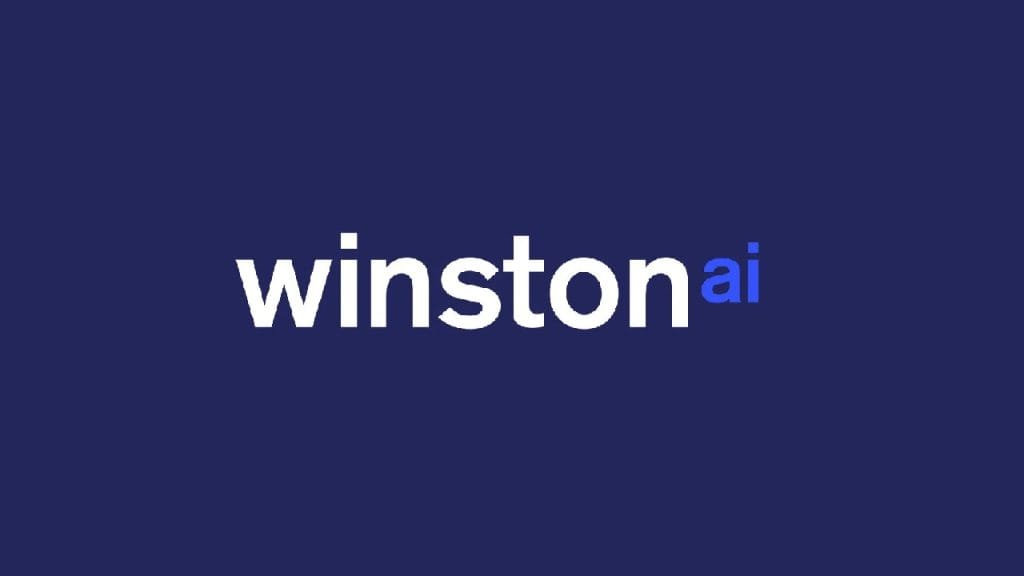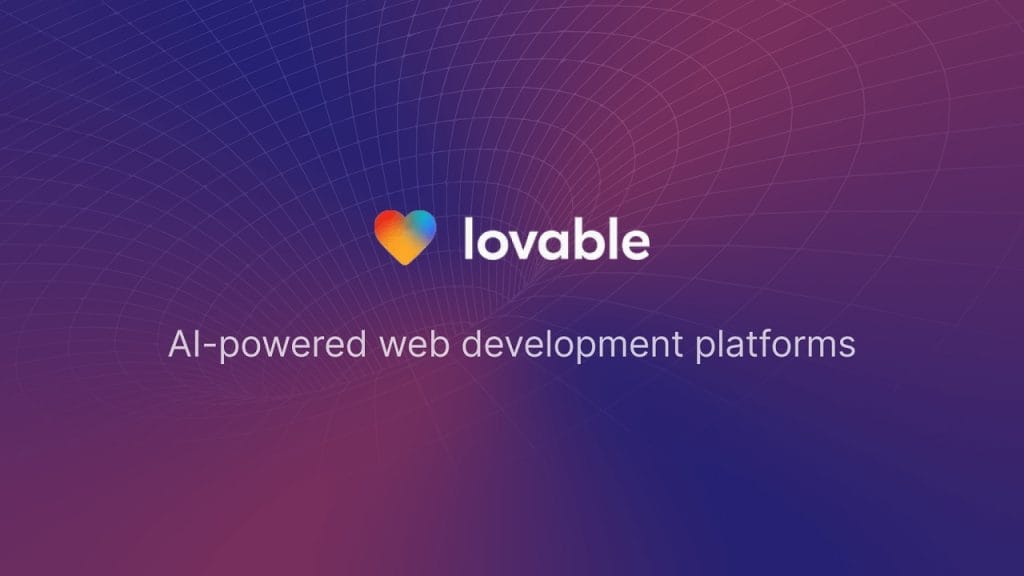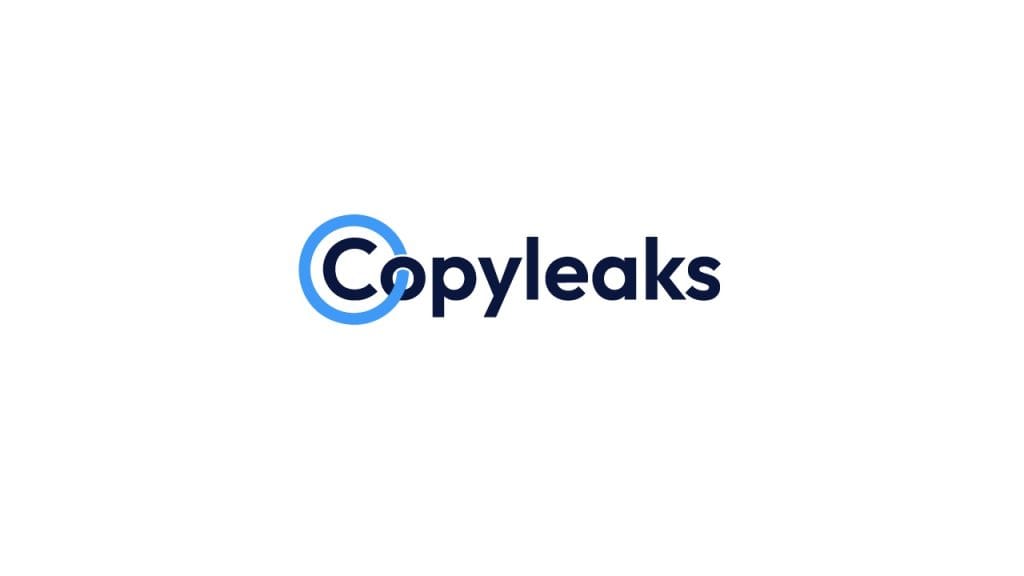
Elicit AI
- Verified: Yes
- Categories: AI Content Generation, SEO Optimization, E-commerce Tools
- Pricing Model: Freemium
- Website: https://elicit.com/
Introduction
In today’s fast-paced world, researchers, students, and professionals are often overwhelmed by the sheer volume of academic papers available online. Traditional search engines may provide a list of articles, but they rarely help in extracting insights quickly. This is where Elicit AI makes a difference. Elicit AI is an AI-powered research assistant that helps users find, summarize, and analyze academic papers efficiently. By combining intelligent search with automated summarization, it has become a valuable tool for anyone engaged in research, productivity, or academic work.
What is Elicit AI?
Elicit AI is a research tool designed to accelerate literature review and evidence synthesis. Developed by Ought, an organization dedicated to building AI systems that advance reasoning and decision-making, the platform focuses on solving a persistent challenge in academia—how to process large volumes of information in less time without losing quality.
Unlike traditional search engines that rely on exact keyword matches, Elicit AI goes deeper by understanding context, intent, and meaning. This makes it particularly useful for scholars and students who need not just a list of papers but also a structured summary of findings, methodologies, and limitations. In short, it bridges the gap between raw information and actionable insights.
Key Features of Elicit AI
AI-powered Literature Review
One of the most powerful aspects of Elicit AI is its ability to summarize multiple research papers at once. Instead of manually going through hundreds of documents, users can rely on the system to surface key points, highlight trends, and identify gaps in existing research. This makes it especially valuable for systematic reviews and large-scale academic projects.
Semantic Search
Elicit AI’s semantic search capability goes beyond traditional keyword searches. It understands context, meaning, and relationships between concepts. For instance, instead of just finding papers with the word “climate change,” it can locate studies discussing related topics such as carbon emissions, global warming, or environmental policy. This deeper layer of intelligence ensures that users discover research they might have otherwise missed.
Automated Summaries
Manually extracting insights from research can be time-consuming. Elicit AI simplifies this process by generating automated summaries that capture essential details such as the study’s findings, methods, and limitations. This not only saves time but also allows users to make informed decisions more quickly.
Customizable Workflows
Every researcher has unique needs. Elicit AI addresses this by allowing customizable workflows. Whether you want to prioritize methodology details, highlight sample sizes, or compare conclusions across papers, the tool adapts to your preferences. This flexibility ensures that students, academics, and professionals can tailor the experience to their specific research goals.
Time-Saving for Students and Professionals
The academic world is competitive, and time is often limited. For students, Elicit AI can cut down hours of manual reading into structured, easy-to-digest insights. For professionals and policymakers, it provides quick access to reliable evidence that can inform reports, proposals, or decision-making. Ultimately, its strength lies in reducing the workload while improving the quality of research outcomes.
How Elicit AI Works
Elicit AI has been designed with simplicity in mind, making it accessible to both academic experts and students who may be new to research. The process typically follows a few clear steps:
- Enter a research question
Users start by typing in a research question or a topic they want to explore. Instead of needing precise keywords, they can phrase it in natural language, such as “What are the effects of sleep deprivation on memory?” - Get relevant papers sourced
Elicit AI scans databases and brings forward academic papers that are most relevant to the query. Unlike a standard search engine that lists thousands of links, Elicit AI narrows down the results into a structured and manageable set. - Read concise AI-generated summaries
Each paper is accompanied by a summary created by the system. These summaries highlight the study’s purpose, methods, findings, and limitations. This allows users to quickly understand whether a paper is worth exploring in more detail. - Export findings for use in projects
Once the key insights are gathered, Elicit AI allows users to export the results. These exports can be integrated into academic projects, reports, or personal knowledge management systems, saving significant time in documentation.
Benefits of Using Elicit AI
Saves hours of manual searching
Instead of combing through dozens or even hundreds of research papers manually, Elicit AI condenses the process into a matter of minutes. This efficiency is one of its biggest advantages.
Provides more objective summaries
Human skimming often leads to missed details or biased interpretation. By contrast, Elicit AI generates summaries in a structured and neutral way, which helps reduce personal bias in early stages of research.
Helps non-experts understand complex findings
Not every user is a domain expert. Journalists, undergraduate students, or policymakers may struggle with highly technical language in academic articles. Elicit AI makes these findings more approachable by simplifying language and focusing on the most relevant aspects.
Supports a wide range of users
The tool is valuable for many different groups. Students benefit from faster literature reviews for assignments and theses. PhD researchers use it to identify gaps in knowledge. Journalists gain reliable references for their reports, and policymakers can quickly gather evidence-based insights to guide decisions.
Limitations and Challenges
While Elicit AI is a powerful research assistant, it is not without its limitations. Understanding these challenges helps ensure responsible and accurate use.
Not a full replacement for human review
Critical thinking remains essential. Researchers must still read and interpret papers themselves to confirm validity and accuracy.
Possible gaps in coverage
Although Elicit AI sources widely, it may not capture every niche study, particularly if some papers are behind restricted paywalls or not indexed in its databases.
Quality depends on available sources
The tool can only be as strong as the research it accesses. If certain areas lack high-quality studies, summaries may be less robust.
Verification before academic use
Before citing, users should cross-check summaries against the original papers. While the system speeds up the process, final accountability rests with the researcher.
Elicit AI vs Alternatives
When it comes to research tools, Elicit AI often gets compared to popular platforms such as Google Scholar, ChatGPT, and Semantic Scholar. Each tool has its strengths and weaknesses, but Elicit AI stands out for its focus on structured evidence synthesis rather than just retrieving information.
Elicit AI vs Google Scholar
Google Scholar is widely used for finding academic papers, but it primarily functions as a search engine. It provides links and citations, leaving users to sift through the content manually. By contrast, Elicit AI goes a step further by offering summaries, semantic search, and workflow customization, which save hours of manual effort.
Elicit AI vs ChatGPT for Research
ChatGPT is powerful for general queries, brainstorming, and conversational research assistance. However, it does not specialize in sourcing peer-reviewed academic literature or creating structured reviews. Elicit AI is more reliable when users specifically need evidence-backed insights from academic sources rather than general web knowledge.
Elicit AI vs Semantic Scholar
Semantic Scholar is another research database that uses AI to enhance search. While it excels at surfacing papers with smart recommendations, it does not provide the same level of summarization and customizable workflows that Elicit AI offers.
Comparison Table
Tool | Strengths | Limitations | Best For |
Elicit AI | AI-powered summaries, semantic search, customizable workflows | May miss niche papers, requires user verification | Students, researchers, policymakers |
Google Scholar | Wide coverage, free, easy citations | No summaries, manual reading required | General academic search |
ChatGPT | Conversational, flexible, creative support | Not designed for peer-reviewed evidence | Brainstorming, drafting, quick insights |
Semantic Scholar | AI-enhanced discovery, strong database | Limited summaries, less customizable | Researchers wanting smart recommendations |
This comparison highlights that while all tools are useful, Elicit AI uniquely balances depth, speed, and usability for research-focused tasks.
Pricing and Accessibility
A common question is: Is Elicit AI free?
The answer is yes, Elicit AI offers a free plan with core features that make it accessible for students, researchers, and professionals. Users can conduct searches, receive summaries, and build workflows at no cost.
For those requiring advanced capabilities, premium features are expected to expand access to larger databases, advanced exporting options, and enterprise-level integrations. While Elicit AI is still evolving, its future roadmap hints at additional features tailored for academic institutions and businesses that need scalable research support.
This flexible pricing model ensures that both individual learners and large organizations can benefit.
Use Cases of Elicit AI
The versatility of Elicit AI makes it valuable across multiple domains:
Academic Research
PhD students, professors, and scholars use Elicit AI to speed up literature reviews, identify research gaps, and summarize findings for theses or journal submissions.
Market Analysis and Business Research
Businesses can use the tool to analyze trends, review market studies, and gather insights from academic or industry papers without spending weeks combing through sources.
Medical Literature Review
Healthcare professionals and medical researchers rely on Elicit AI to quickly assess clinical studies, treatment comparisons, and evidence-based outcomes, which is vital for decision-making.
Journalism and Policy Work
Journalists covering complex issues can turn to Elicit AI for evidence-backed summaries, ensuring their reports are grounded in reliable academic research. Policymakers, too, benefit from rapid access to synthesized insights that inform governance and policy decisions.
FAQs
What is Elicit AI used for?
Elicit AI is used for accelerating literature reviews and evidence synthesis. It helps researchers, students, and professionals quickly find, summarize, and analyze academic papers, saving hours of manual reading.
Is Elicit AI free or paid?
Elicit AI offers a free plan with core features. While many users rely on the free version, premium features and enterprise solutions are expected to provide expanded access and more advanced options.
Who created Elicit AI?
Elicit AI was developed by Ought, an organization dedicated to building AI systems that support reasoning and decision-making. Their mission is to create tools that make complex research easier and more efficient.
Does Elicit AI replace human researchers?
No. Elicit AI is a support tool, not a replacement. While it speeds up the process of finding and summarizing papers, human expertise is still required to evaluate, interpret, and apply research findings accurately.
How is Elicit AI different from ChatGPT?
ChatGPT is a conversational AI useful for general knowledge, brainstorming, and drafting content. Elicit AI, on the other hand, specializes in sourcing peer-reviewed academic literature and providing structured summaries, making it more reliable for evidence-based research.
Conclusion
The research landscape is evolving, and the volume of academic literature is growing faster than ever. Traditional search methods often leave scholars overwhelmed, but tools like Elicit AI are reshaping how information is discovered and understood.
By combining semantic search, automated summaries, and customizable workflows, Elicit AI empowers students, researchers, journalists, and professionals to work more efficiently without sacrificing accuracy. It saves valuable time while ensuring that findings remain grounded in credible sources.
In a world where productivity and evidence-based decisions matter more than ever, Elicit AI is emerging as an indispensable assistant in the research ecosystem.
If you’re looking for a smarter way to conduct research, Elicit AI is worth exploring.
